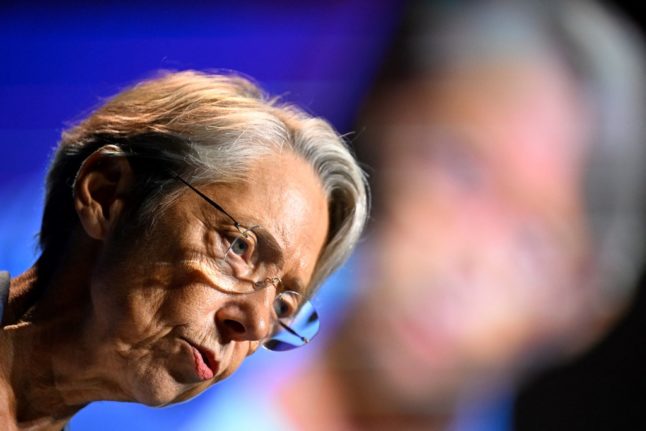The motion to censure Borne — the 18th levelled at her since she assumed the office — was brought by the left-wing Nupes alliance after the prime minister activated Article 49.3 to adopt the public finance bill without a vote.
The motion received just 193 of the 289 votes needed to succeed, an unsurprising outcome in light of the lack of support from the centre-right.
Its rejection constitutes the adoption of the 2023-2027 budget programme, which now moves to the Senate, the upper house of the French parliament.
The speaker for Nupes, socialist Philippe Brun, accused the government of “favouring with the greatest servility a very well-endowed minority of the French” despite “an immense inflationary crisis”.
President Emmanuel Macron had “tried to make parliament disappear with his repeated (use of) 49.3”, Brun added.
The far right had supported the left’s motion of censure, accusing Borne of the “repeated and abusive use of 49.3”.
Borne, for her part, hit back at both factions, saying “demagoguery is your only budgetary course”.
The government also resorted to Article 49.3 earlier this year to push through unpopular pension reforms, sparking violent protests.



 Please whitelist us to continue reading.
Please whitelist us to continue reading.
Member comments